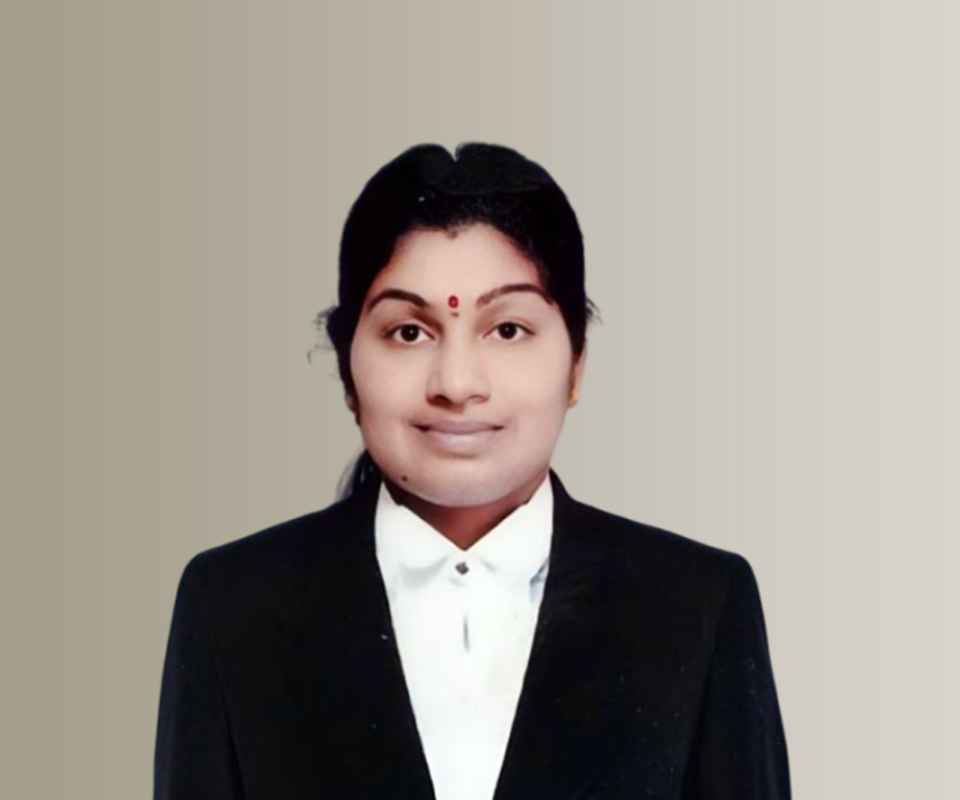Answer By law4u team
In India, parental consent is not required for a marriage if both parties are adults. According to Indian marriage laws, adults have the legal right to marry of their own free will without the need for approval from their parents or guardians, provided they meet the necessary legal conditions.
Legal Provisions for Marriage Without Parental Consent:
1. Age Requirement for Marriage:
- Under the Hindu Marriage Act, 1955, the legal age for marriage is 21 years for men and 18 years for women.
- The Special Marriage Act, 1954 also establishes the same age criteria for both men and women.
- If both individuals are of legal age, they can marry without parental consent.
2. Freedom of Choice in Marriage:
- The Constitution of India guarantees individuals the right to marry under the fundamental right to life and personal liberty (Article 21). This means that once individuals reach the legal age, they have the autonomy to choose their partner without needing parental approval.
- The Special Marriage Act further supports this right, especially for interfaith or intercaste marriages, where couples can marry without requiring consent from their parents, as long as they fulfill the legal requirements.
3. Marriage Registration and Formalities:
- If both parties are adults, they can marry through a civil ceremony under the Special Marriage Act, which allows individuals from different religions or castes to marry. The marriage must be registered with a marriage officer, and it does not require parental consent.
- For a Hindu marriage, the ceremony can take place according to Hindu customs, and the couple does not need to seek parental permission.
4. Parental Opposition and Legal Rights:
- While parents may express disapproval or opposition to the marriage, their objections do not legally prevent the couple from marrying, provided the individuals meet the age and consent requirements.
- If parents or guardians forcefully prevent the marriage or engage in any unlawful activity (like threats or violence), the law protects the individuals involved. The couple can approach the police or the courts to seek protection.
5. Cases of Forced Marriages:
- While parental consent is not mandatory, forced marriages (where either party is coerced into the marriage) are illegal. The Protection of Women from Domestic Violence Act, 2005, and other laws protect individuals from coercion or force in the context of marriage.
- If there is any evidence of coercion, the marriage can be legally contested, and the individuals involved can seek annulment or legal relief.
Example:
If a 22-year-old man and a 20-year-old woman decide to marry, and both are legally adults (above 18 and 21 years old, respectively), they can proceed with the marriage without their parents’ consent. They can marry under the Special Marriage Act, where the marriage will be officially registered. Even if the parents object to the union, the marriage remains legally valid as long as both individuals are of legal age and provide their free consent.
Conclusion:
Parental consent is not required for a marriage if both parties are adults and meet the age and legal criteria. The freedom to marry is guaranteed under Indian law, particularly under the Hindu Marriage Act and Special Marriage Act, which protect the rights of adults to marry of their own free will. While parental opposition may exist, it does not legally prevent the marriage as long as both individuals are consenting and meet the necessary legal requirements.







